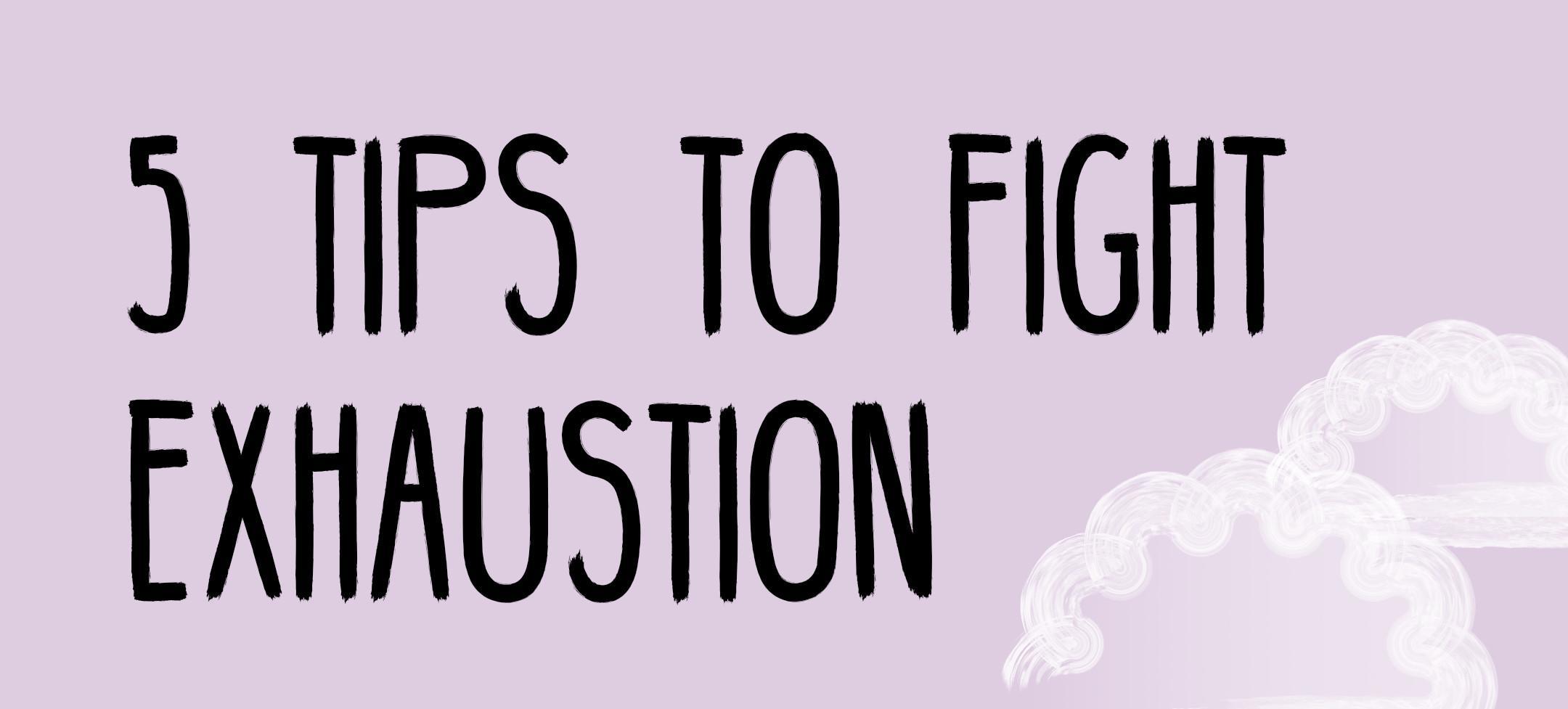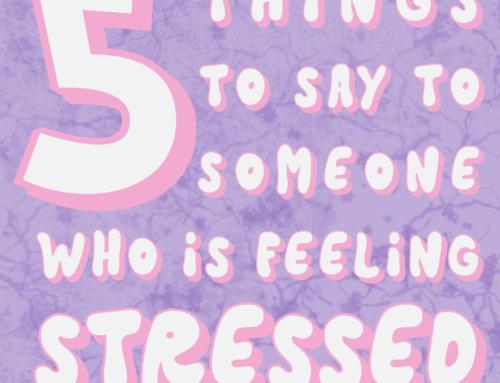You are tired when you wake up in the morning, after lunch – and you are ever more tired in the evening, even if you have slept well or at least moderately. It seems that you are just and just coping with all your compulsory obligations, but then that is where your energy runs out. Fatigue is not always the traditional fatigue caused by sleep deprivation, it can also be mental fatigue.
And it’s no wonder! The world has changed a lot in such a short time, with the burdens of life ever more on the mind in particular: Our minds have not had time to adapt to the changes. We have not had time to learn the skills our minds would need to adapt to the changed environment. Modern life is very exhausting on the mind.
Mental fatigue has become a new national disease. How is it avoided and how should it be treated? One needs to teach one’s mind new skills, to adapt. The brain, the mind, is a muscle which can be trained on the same muscles of the body. Here are 5 things you can do to protect your mind from fatigue.
- Relax your body
A calm mind needs a calm body. If your body is high strung, it is impossible for your mind to relax, because stress hormones produced by the body send your mind the message that there is an emergency and now you must be alert. So by relaxing your body, you can relieve your mind from the stressful animal instinct to stay alert.
- Breathe calmly and deeply
We breathe, even if we don’t think about it, but how we breathe is the most important thing – and worth exploring! As we breathe calmly and deeply, the diaphragm rises calmly up and down in the rhythm of breathing. When we are stressed our breathing is shallow and rapid, and the diaphragm rises and falls rapidly. The diaphragm is part of the autonomic nervous system, and when its rhythm calms down, it sends a message to the rest of the nervous system that “everything is fine, nothing to worry about”.
The body begins to react to this changed state and sends the message that “there is no threatening situation” and begins to calm down. The relaxed body sends a message to the brain about the changed situation, and then the level of arousal in the brain decreases, and the mind gets to relax. Thus, through breathing, we can influence bodily reactions as we learn to influence the quality of breathing.
- Practice doing one thing at a time
The tired and stressed mind is meandering, where thoughts jump from one thing to another. The mind that is constantly challenged to flit from one thing to another learns that this way is necessary, and eventually this becomes a way for the mind to function. Everything we repeat becomes a habit and eventually an automation.
If the mind is allowed to jump from one thing to another repeatedly, the result is a mind that is unable to focus on one thing, and instead, your thoughts constantly escape into a thousand different avenues. This is a very stressful and burdensome state of being, and yet quite common today. Brain researchers have even named such a disorder of concentration, because it has become so common. This is ADT or “attention deficit trait”.
Once you have calmed your body and breath, you can also calm the flow of your thoughts. Try to think of one thing at a time. If your mind gets lost in other thoughts, bring it back to the thing you were focusing on. Doing this, you will teach your mind to be more systematic. This will also help you improve your ability to concentrate.
- Pay attention to your mind’s well-being
Exhaustion creeps in quietly. The mind tends to adapt to prevailing situations and that is why a tired or exhausted person rarely notices his or her own situation – until it has become serious. Often, the people close to a person will notice the onset of exhaustion before the person themselves. So listen to your loved ones! If they are worried about your coping, slow down, just in case, because there probably is a seed of truth in their observations.
There are many indicators of an overloaded mind: you are tired throughout the day, you struggle to fall asleep and might wake up at night, you forget things and find it difficult to concentrate, you do not get things done or even started, you are irritated and short-tempered. How much strain one’s mind can withstand varies between individuals, therefore it is important to learn to recognize what amount of mental burden is comfortable for you.
- Prioritise yourself and take responsibility of your well-being
We have a million and one reasons why we cannot calm down or slow down – maybe you already have your own list in mind? The reasons range from internal expectations to external ones. They take precedence over our own well-being so long as we allow them to. Or rather, so long as we still have the ability to function, even somewhat.
In the end, however, everyone is responsible for their own endurance and well-being. It is a matter of prioritisation. If we do not have time to ensure we can cope, then our priorities are in the wrong order.
Small and trivial things often find themselves at the top of the priority list causing us an unreasonable amount of burden. When you put the wrong things at the top of the list, one can easily begin to feel used and exploited. When you get your priorities straight and put your well-being first, the world becomes a very different place. You will no longer feel that no one will take care of you or that “I always have to…” and I will be exploited and sucked dry.
Taking responsibility for yourself and putting your own well-being first is not selfishness, but a necessity. If you’re not okay yourself, you can’t live up to expectations at all. Your job is to keep you the most important person in your life!








